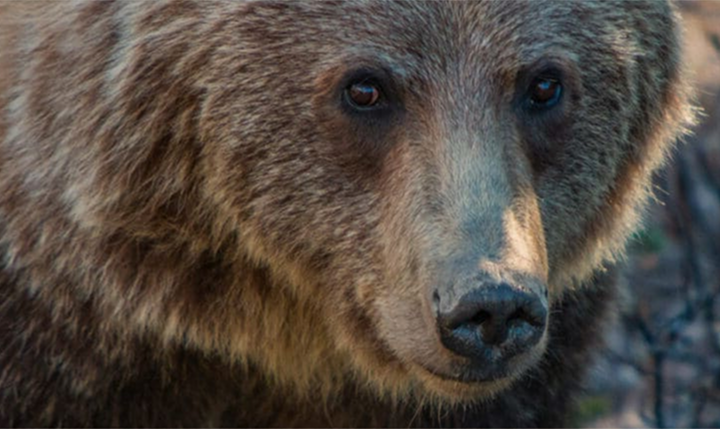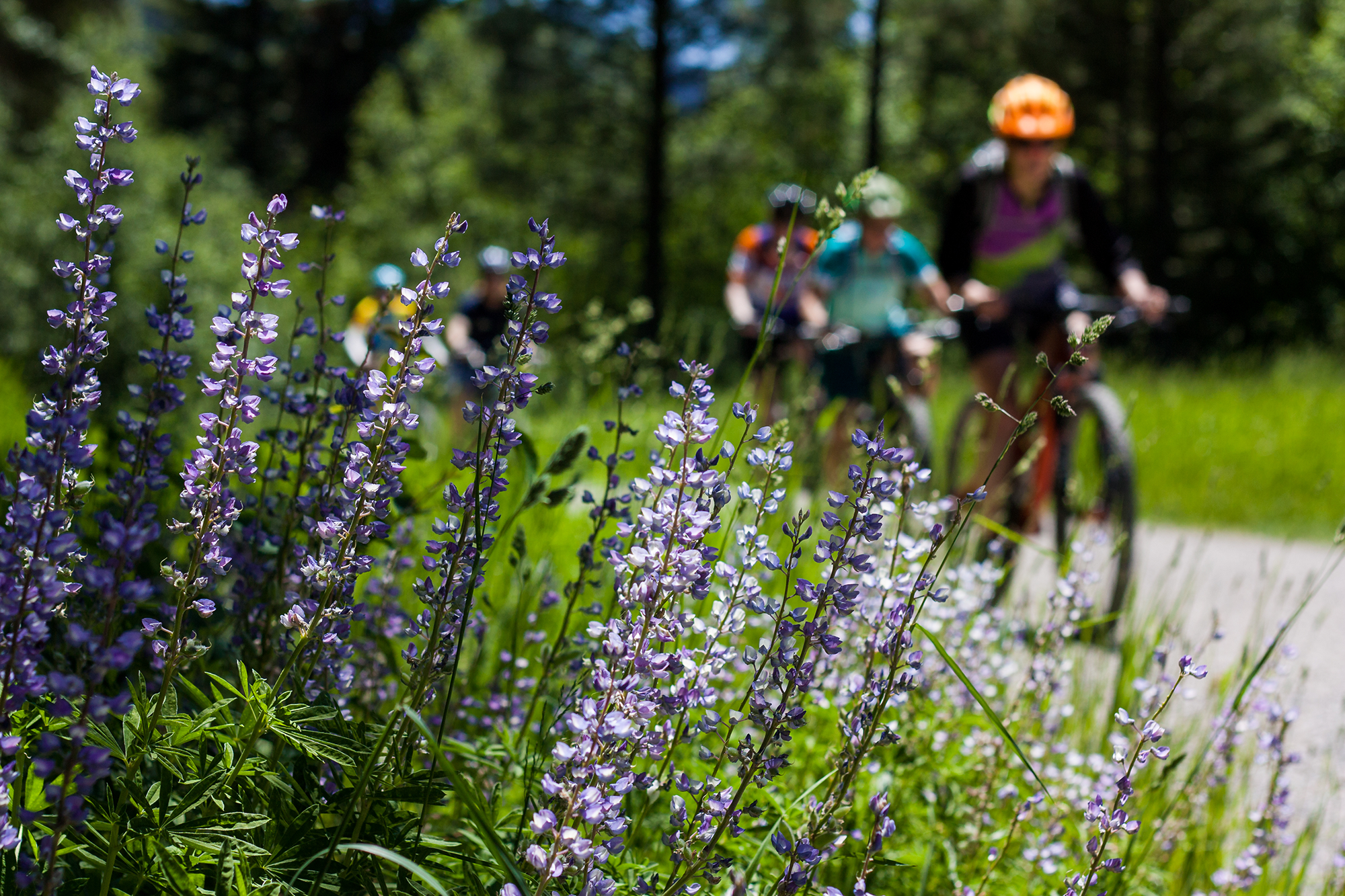A new report on the Upper Columbia region of southeastern British Columbia describes the opportunities and challenges in providing for both a strong local economy and healthy ecosystems.
The report, Exploring Emerging Economic Opportunities in the Columbia River Headwaters Region of British Columbia, was produced by Gary Bull, professor and department head at the University of British Columbia and Jeremy Williams of ArborVitae Environmental Services. A research briefing and summary of recommendations is also available.
The research was commissioned by Yellowstone to Yukon Conservation Initiative (Y2Y). A research advisory committee made up of diverse regional representatives and provincial and national experts provided direction, advice, and review of the report.
The research, conducted through interviews with over 30 community leaders, includes 18 specific recommendations for land use planning, tourism and recreation, forestry and bioenergy, technology, climate change, and engagement with First Nations. It lays the groundwork for a regional discussion on the intersection of healthy ecosystems, a healthy economy, and the emerging opportunities that may come with a more sustainable approach to resource use.

Found within the globally unique inland temperate rainforest region of southeastern British Columbia, the Upper Columbia includes portions of the traditional territories of the Okanagan, Secwepemc, Ktunaxa and Sinixt First Nations. Local governments include the municipalities of Revelstoke, Golden, and Nakusp and surrounding rural areas. This area makes an excellent case study because regional economies depend on the sustainability of natural resources for extraction, tourism and recreation values.
“The Upper Columbia has outstanding natural capital assets, a skilled and educated workforce and a diverse set of industries that drive the local economies. Nonetheless the region’s future should not be constrained by its history,” says lead researcher, Gary Bull. “This report is meant to highlight the emerging bio-economic opportunities that can address some of the challenges of climate change effects, insect and disease outbreaks, new infrastructure projects, and more. It also aims to give some direction on how to move ahead and emphasizes the importance of a broad-scale sustainability agenda as the foundation for planning.”
While much is going well for the region, growth and change always creates challenges and the study area has its share of them. Resource management issues such as on-going timber harvesting and the expansion of adventure tourism, as well as more widespread recreational use, has increased conflict and challenges in sustaining the outstanding natural features of the region, including habitat for wolverines and recovery of mountain caribou.
“This research project provides a good overview of challenges and opportunities for economic development in the Upper Columbia region, and identifies areas for potential collaboration between industry stakeholders in tourism, forestry, technology, and other sectors to support the sustainable growth of our regional economy,” says Ingrid Bron, director of Community Economic Development for the City of Revelstoke. Bron was also one of the members of the research advisory committee.
Interviews and meetings with the research advisory committee found a widespread recognition that the region needs to be proactive to get ahead of the challenges that exist. This can be done by building on the strong foundation of the area’s knowledgeable people, a stable and skilled workforce, outstanding natural capital, excellent transportation infrastructure, Indigenous knowledge, people committed to sustainability and an emerging technology sector that can assist in finding more sustainable and creative solutions.
According to people interviewed, now is an opportune time to begin the necessary discussions and organization of what could be a model for sustainable regional planning and development.
“Communities within the Upper Columbia can lead the way in B.C. and beyond in finding a path to a better future for people and nature,” says Candace Batycki, program director at Y2Y.
“Things do need to change in the region, to address issues such as old-growth forest management, threatened species recovery, reconciliation with First Nations, and more. The creativity and knowledge of the people here are strong assets that can help the region move forward. It won’t be easy, but it definitely can be done.”


